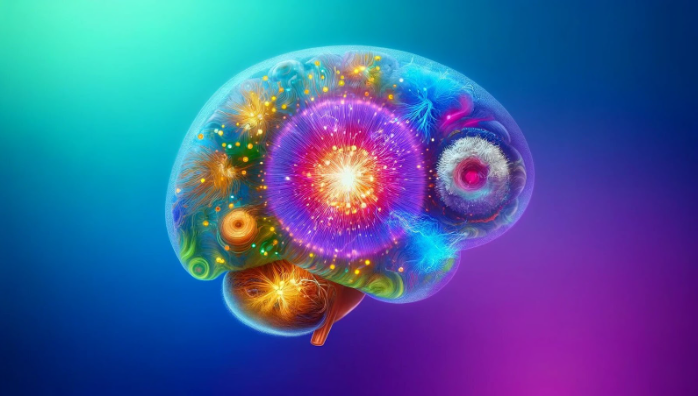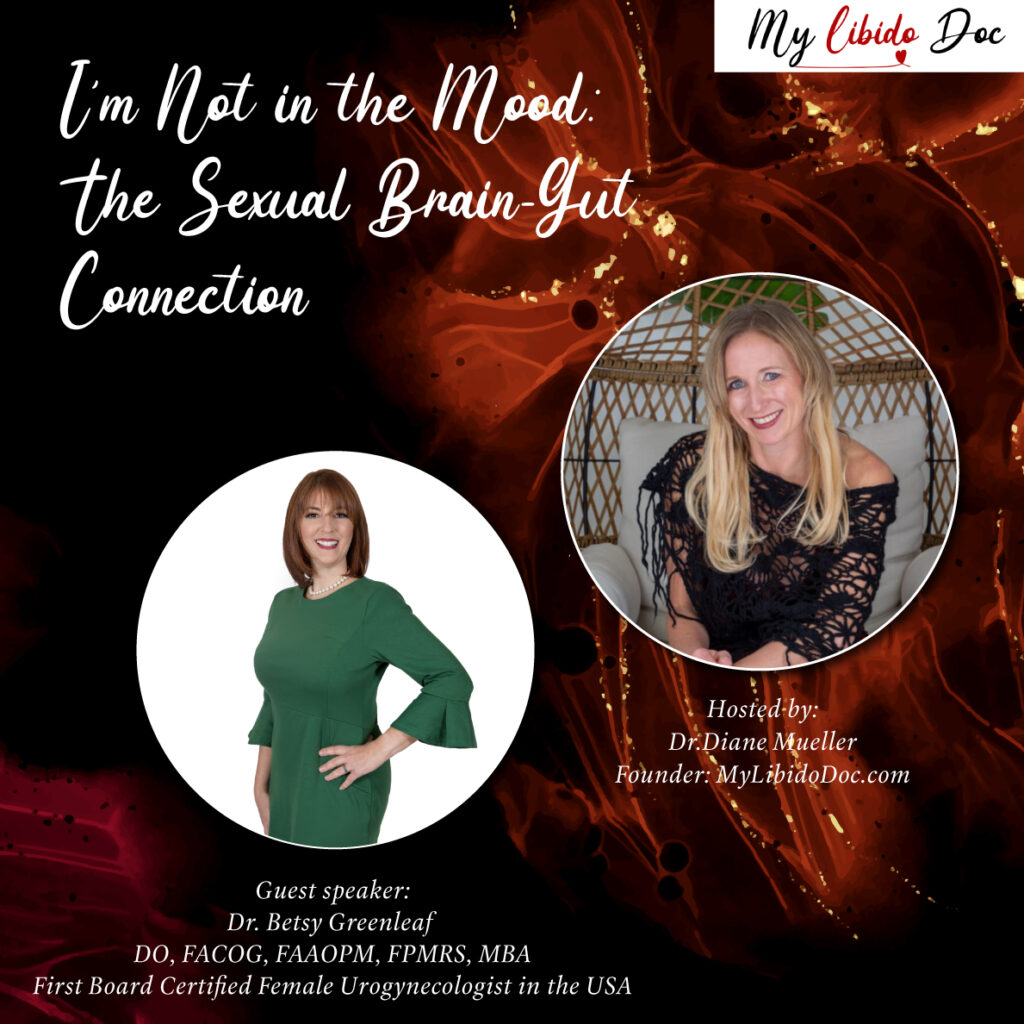Are Orgasms Good for You? Discover the Shocking Health Perks!
Hey there, let’s talk about something juicy – orgasms! You might think they’re just a quick thrill, but get this: these babies pack some serious health benefits. I’m talking stress relief, immune system boosts, the whole shebang. Who knew getting off could be so good for you?
In this article, we’re gonna dive deep into the science behind why orgasms are like a superfood for your body and brain. Whether you wanna know about the physical goodies or the mental health perks, we’ve got you covered. Get ready to learn why these natural highs are a total game-changer for your wellbeing.
Table of Contents
The Lowdown on Orgasms and Their Health Benefits
The Physical Perks of Getting Off
When you orgasm, your body gets flooded with oxytocin, aka the “cuddle hormone.” This stuff is like relationship glue – it makes you feel all lovey-dovey and connected to your partner. Plus, it tells cortisol (the stress hormone) to take a hike, so you feel way more chill.
Orgasms also give you a shot of endorphins, nature’s painkillers. They make you feel awesome AND they help with cramps, headaches, you name it. Studies even show that regular orgasms are great for your heart health. They get your blood pumping in all the right ways.
For the ladies, orgasms can be a total lifesaver during that time of the month. They soothe cramps and even tone up your pelvic floor muscles. Guys, listen up – orgasms keep your prostate in tip-top shape. All these perks combined make orgasms a must-have for your physical health.
The Mental Magic of the Big O
Orgasms aren’t just great for your body – they work wonders for your noggin too. When you climax, your brain gets a huge dose of feel-good chemicals like dopamine and serotonin. These little neurotransmitters give you a happy high that lasts way longer than the orgasm itself.
If you struggle with anxiety or the blues, regular orgasms might be your new best friend. Those endorphins and oxytocin have a super calming effect on your brain. Plus, getting off can seriously boost your confidence and self-esteem. Talk about a mental health power-up!
Bonus: orgasms can even help you catch some quality sleep. After an orgasm, your body releases prolactin, which makes you feel all warm and snuggly and ready for an amazing snooze.
Oxytocin: The Love Hormone That Does It All
This “love hormone” gets released in mega-doses when you climax, and it’s got a ton of tricks up its sleeve. For starters, oxytocin is like relationship glue. It makes you feel extra close and connected to your partner. Think of it as nature’s trust serum. It even helps you remember all those steamy intimate moments – oxytocin gives your emotional memory a boost.
But oxytocin isn’t just about the warm fuzzies. It’s also a stress-busting powerhouse. When you orgasm, oxytocin tells your body to relax and lowers your stress response. Pair that with the flood of endorphins, and you’ve got your body into a relaxation state.
Oxytocin is like a magic communication potion too. It can help couples navigate tricky conversations and resolve conflicts like a pro. More orgasms, less drama – sign me up!
And get this: oxytocin might even be good for your bones! Scientists are still figuring it out, but they think all those yummy hormones released during sexy time could give your bone density a boost.
Last but not least, the big O can curb those pesky cravings. Oxytocin and endorphins team up to make you way less likely to reach for that pint of ice cream. Orgasms for weight management? Yes, please!
The Science of Orgasms: Hormones and Braingasms
Let’s Talk Hormones
When you orgasm, it’s like a hormone party in your body. Oxytocin and endorphins steal the show. They make you feel all gooey and bonded to your partner while also kicking stress and inflammation to the curb.
Endorphins are like your body’s natural happy pills. They make you feel ah-mazing and help nix any aches and pains. Endorphins even help you fight off cravings – talk about a sweet perk.
Your Brain on Orgasms

An orgasm is basically a “braingasm” too. When you climax, all sorts of exciting things happen in your head. Your brain’s pleasure centers light up like a Christmas tree, and you get a good dose of dopamine. This feel-good chemical makes you crave more of whatever made you feel so damn good. No wonder orgasms are so addictive!
But it’s not just about feeling good. Orgasms give your brain a serious workout. They get your blood flowing to all the right places, making your brain cells stronger and better connected. This braingasm might even help keep your memory sharp and lower your chances of brain-related diseases later in life.
Not All Orgasms Are Created Equal
Age Matters
Let’s be real – orgasms change as you get older. When you’re young and spry, you might be getting off on the daily. But as you age, things like hormones changes from menopause, health issues, and medications can throw a wrench in your orgasm
A study found that over 80% of folks aged 18-29 were having regular orgasms, but only about half of the 60+ crowd could say the same. For dudes, dropping testosterone can tank their libido. On the other hand plummeting estrogen levels can contribute to low libido in women.
The Gender Gap
Newsflash: men and women experience the big O differently. Guys tend to reach the finish line more often than gals. One survey found that a whopping 95% of men reported regular orgasms, while only 65% of women could say the same.
So what gives? For starters, women’s bodies are just built differently. They often need more than just a wham-bam-thank-you-ma’am to get there. In fact, studies show that clitoral stimulation is often the key to unlocking a woman’s orgasm potential.
But it’s not all about the physical. Mental roadblocks like stress and anxiety can seriously mess with a lady’s ability to let go and enjoy the ride.
Busting Orgasm Myths
More Orgasms = Better Sex?
A lot of people think that the more orgasms you have, the better your sex life must be. But that’s not the whole story. While frequent orgasms are great, the quality of the sex matters way more than the quantity of climaxes.
The key to mind-blowing sex? Communication. Studies show that couples who talk openly about their desires and needs have way more satisfying sex lives.
And let’s bust another myth while we’re at it. Just because men tend to orgasm more often doesn’t mean it’s all thanks to biology. Society’s expectations around sex play a big role too.
Orgasms Aren’t a Health Meter
Some folks think that if they’re not having toe-curling orgasms on the reg, there must be something wrong with them. But the truth is, orgasm frequency is different for everyone. Age, health, stress levels – all of these things can impact how often you’re getting off.
Breaking the Taboo
It’s time we got real about orgasms. For too long, talking openly about them has been seen as taboo. But staying silent only keeps us in the dark about our own pleasure.
Another myth that needs to go? The idea that penis-in-vagina sex is the only way to orgasm. News flash: there are tons of ways to reach the big O! For women especially, exploring other types of stimulation (hello, oral!) can be a total game-changer.
And masturbation? That’s a valid ticket to orgasm town too. Flying solo has all sorts of benefits, from relieving stress to getting to know your own body better. There’s zero shame in the self-love game.
The Bottom Line
Orgasms are like the gift that keeps on giving. They bring you closer to your partner, melt away stress, and give your mood a major boost. They light up the pleasure centers in your brain while giving you a surge of feel-good hormones.
Sure, age and life can sometimes get in the way of your orgasm goals. But understanding your body and openly talking about your needs is the first step to a more satisfying sex life.
It’s time to ditch the myths and embrace the incredible power of the orgasm. From physical perks to mental health magic, getting off is a vital part of a healthy, happy life. So go on and treat yourself – your mind and body will thank you!
References
Aguilar-Raab C, Eckstein M, Geracitano S, Prevost M, Gold I, Heinrichs M, Bilderbeck A, Ehlert U, Ditzen B. Oxytocin Modulates the Cognitive Appraisal of the Own and Others Close Intimate Relationships. Front Neurosci. 2019 Jul 16;13:714. doi: 10.3389/fnins.2019.00714. PMID: 31379475; PMCID: PMC6646594.
Magon N, Kalra S. The orgasmic history of oxytocin: Love, lust, and labor. Indian J Endocrinol Metab. 2011 Sep;15 Suppl 3(Suppl3):S156-61. doi: 10.4103/2230-8210.84851. PMID: 22029018; PMCID: PMC3183515.





